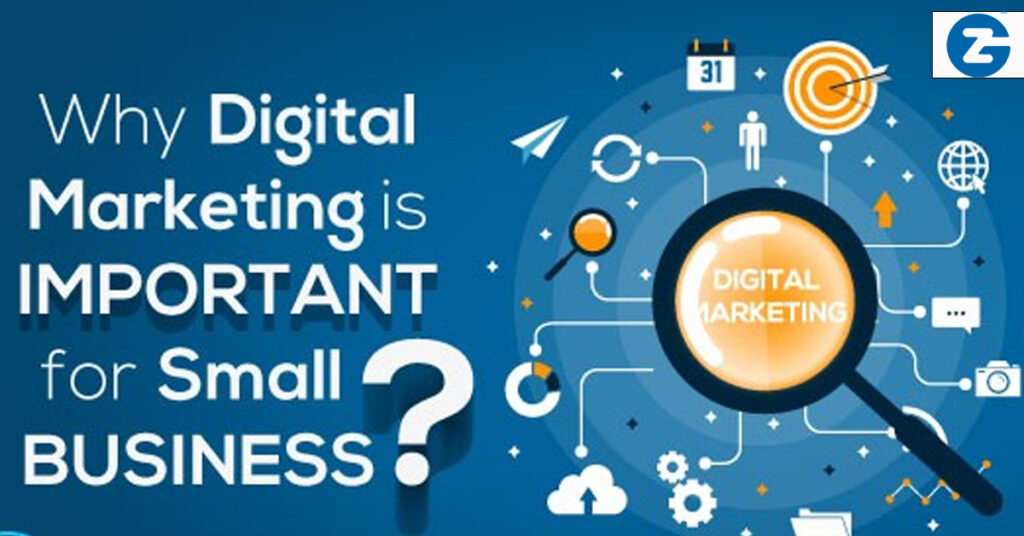

The digital transformation imperative for small businesses is clear: adapting to the digital age is essential for survival and growth. The digital transformation imperative for small businesses is clear: adapting to the digital age is essential for survival and growth. In this blog, we’ll explore why digital marketing is crucial for small businesses, focusing on the importance of online presence, the benefits of a robust digital strategy, and how small business digital marketing can drive success.
1. The Importance of Online Presence
The digital transformation imperative for small businesses is clear: adapting to the digital age is essential for survival and growth. In today’s digital world, an online presence is no longer optional; it’s a necessity. Consumers increasingly rely on the Internet to find products, services, and information. A well-designed website, active social media profiles, and listings on online directories help small businesses reach a wider audience. Establishing a strong online presence builds credibility and trust, making it easier for potential customers to find and choose your business over competitors.
2. Cost-Effective Marketing Solutions
Digital marketing offers cost-effective solutions that are particularly beneficial for small businesses with limited budgets. Traditional marketing methods, such as print ads and TV commercials, can be prohibitively expensive. In contrast, digital marketing channels like social media, email marketing, and search engine optimization (SEO) offer affordable ways to promote products and services. These channels also provide measurable results, allowing small businesses to track their return on investment (ROI) and adjust strategies as needed.
3. Targeted Marketing Strategies
One of the significant advantages of digital marketing for small companies is the ability to implement targeted marketing strategies. Digital platforms enable businesses to reach specific demographics, interests, and geographic locations. This precision ensures that marketing efforts are directed toward the most relevant audiences, increasing the likelihood of conversion. For example, pay-per-click (PPC) advertising allows small businesses to display ads to users actively searching for related products or services, maximizing the impact of their marketing budget.
4. Building Relationships Through Engagement
Digital marketing facilitates direct communication and engagement with customers. Social media platforms, email newsletters, and blogs provide opportunities to interact with customers, answer questions, and gather feedback. This engagement builds strong relationships and fosters customer loyalty. By maintaining an active online presence and responding promptly to customer inquiries, small businesses can create a positive brand image and encourage repeat business.
5. Competitive Advantage
Adopting a digital strategy gives small businesses a competitive edge. Many small businesses still rely heavily on traditional marketing methods, which means those who embrace digital marketing can stand out in the crowded marketplace. A well-executed digital marketing plan can help small businesses reach new customers, increase brand visibility, and compete effectively against larger companies with more extensive resources.
6. Adapting to Consumer Behavior
Consumer behavior has shifted significantly in the digital age. More people are shopping online, using mobile devices, and engaging with brands through social media. Small businesses need to adapt to these changes to remain relevant. Digital marketing allows businesses to meet customers where they are, providing convenient and accessible ways to browse, purchase, and interact with products and services.
Conclusion
In conclusion, the digital transformation imperative for small businesses is clear: adapting to the digital age is essential for survival and growth. The importance of online presence, cost-effective marketing solutions, targeted strategies, and customer engagement are all critical factors that highlight why digital marketing is crucial for small businesses to survive and thrive. By embracing digital marketing, small businesses can increase their visibility, attract new customers, and build lasting relationships, ensuring long-term success in an increasingly digital world.